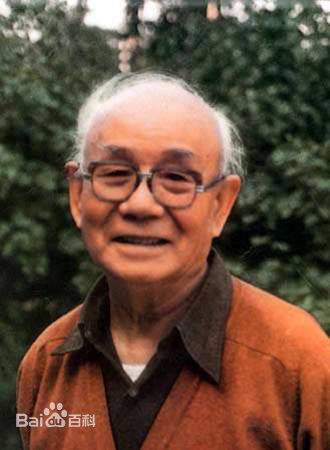Li Keran
Li Kegan (March 26, 1907 – December 5, 1989), originally named Li Yongshun, was born in Xuzhou, Jiangsu Province, and was an outstanding Chinese painter of the modern era, a disciple of Qi Baishi.
The landscape paintings of Li Kegan emphasized the transition from nothingness to richness, and then returning from richness to simplicity, forming a linear brushwork structure. After the 1950s, this structure transformed into a block-like brushwork structure, with ink as the main element, simple on the surface but rich in depth, heavy, thick, profound, and dense. He introduced side light and back light from Western painting into Chinese painting, making his works more three-dimensional and layered, thus pioneering a new pattern in Chinese landscape painting. His works not only reflected a deep traditional cultural foundation, but also integrated modern concepts and realistic techniques, pursuing perfection and a profound historical sense in the picture.
His representative works include "The Beauty of the Lijiang River", "A Thousand Mountains Red", and "Jinggang Mountain". His works have repeatedly set high prices in domestic and international auctions, such as "A Thousand Mountains and Rivers" which was sold for 207 million yuan at the autumn auction of Beijing Poly in 2019. His artistic achievements have had a profound influence domestically and have also been recognized internationally.
Li Kegan loved painting from a young age and began learning landscape painting at the age of 13. At the age of 43, he became a professor at the Central Academy of Fine Arts. At the age of 49, he traveled thousands of miles for on-site sketching, beginning to reform traditional Chinese landscape painting. At the age of 72, he served as vice chairman of the China Artists Association and director of the China Painting Research Institute. In his later years, his brushwork became more mature and bold, and he was especially skilled in painting landscapes, figures, and particularly cows.

 中文
中文  en
en 
